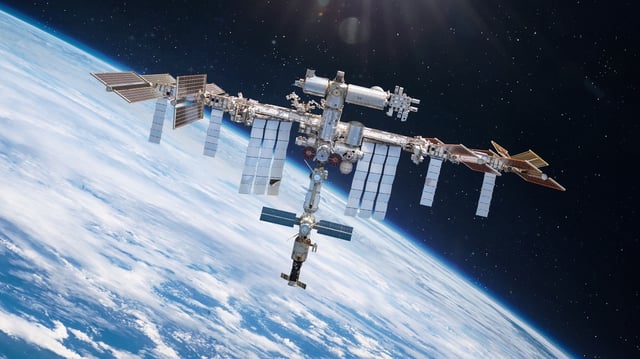Overview
- The NASA Aerospace Safety Advisory Panel has declared the ISS to be in the riskiest period of its existence, citing escalating safety and operational challenges.
- Long-standing air leaks in the Russian Zvezda module's PrK vestibule remain unresolved, with NASA and Roscosmos planning talks in Moscow to address the issue.
- Budget shortfalls are exacerbating safety risks, including delays in cargo resupply missions and shortages of spare parts for life support systems.
- The absence of an emergency deorbit capability before the U.S. Deorbit Vehicle is delivered increases the risk of debris hazards in the event of an early station deorbit.
- ISS managers are implementing mitigation measures, but experts stress the need for sustained funding to ensure safe operations until the station's planned 2030 retirement.

